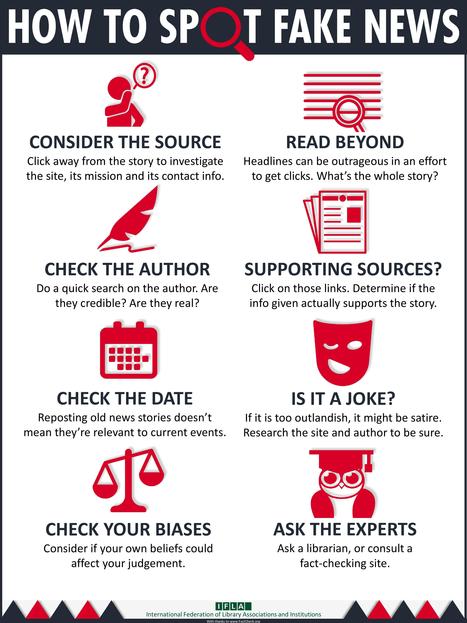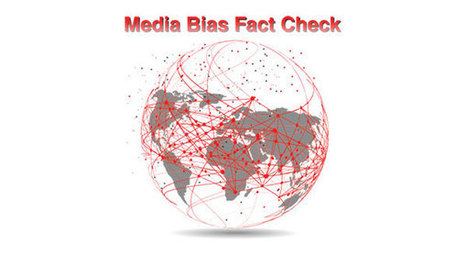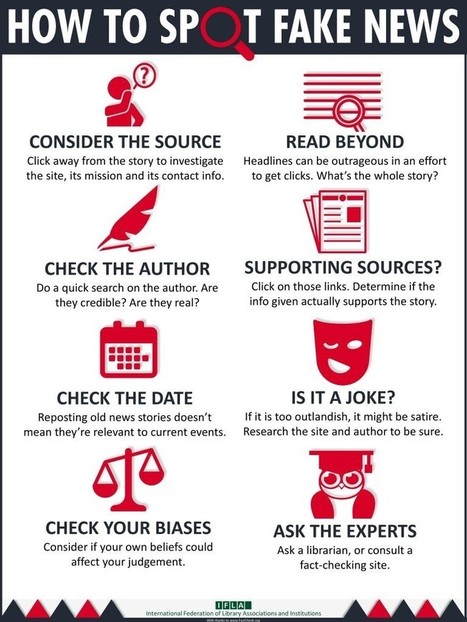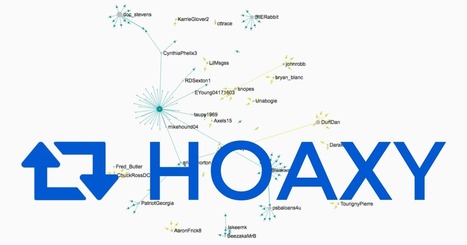Our public square isn’t what it used to be. But, if schools lead the way, media literacy education can help us rebuild civic society.
If the damage to public discourse wasn’t clear already, the recent controversy over political advertising on social media platforms surely drove the point home. While Twitter’s Jack Dorsey announced a ban on such advertising, Mark Zuckerberg defended Facebook’s decision to keep hosting political ads without subjecting it to rigorous fact-checking.



 Your new post is loading...
Your new post is loading...





















